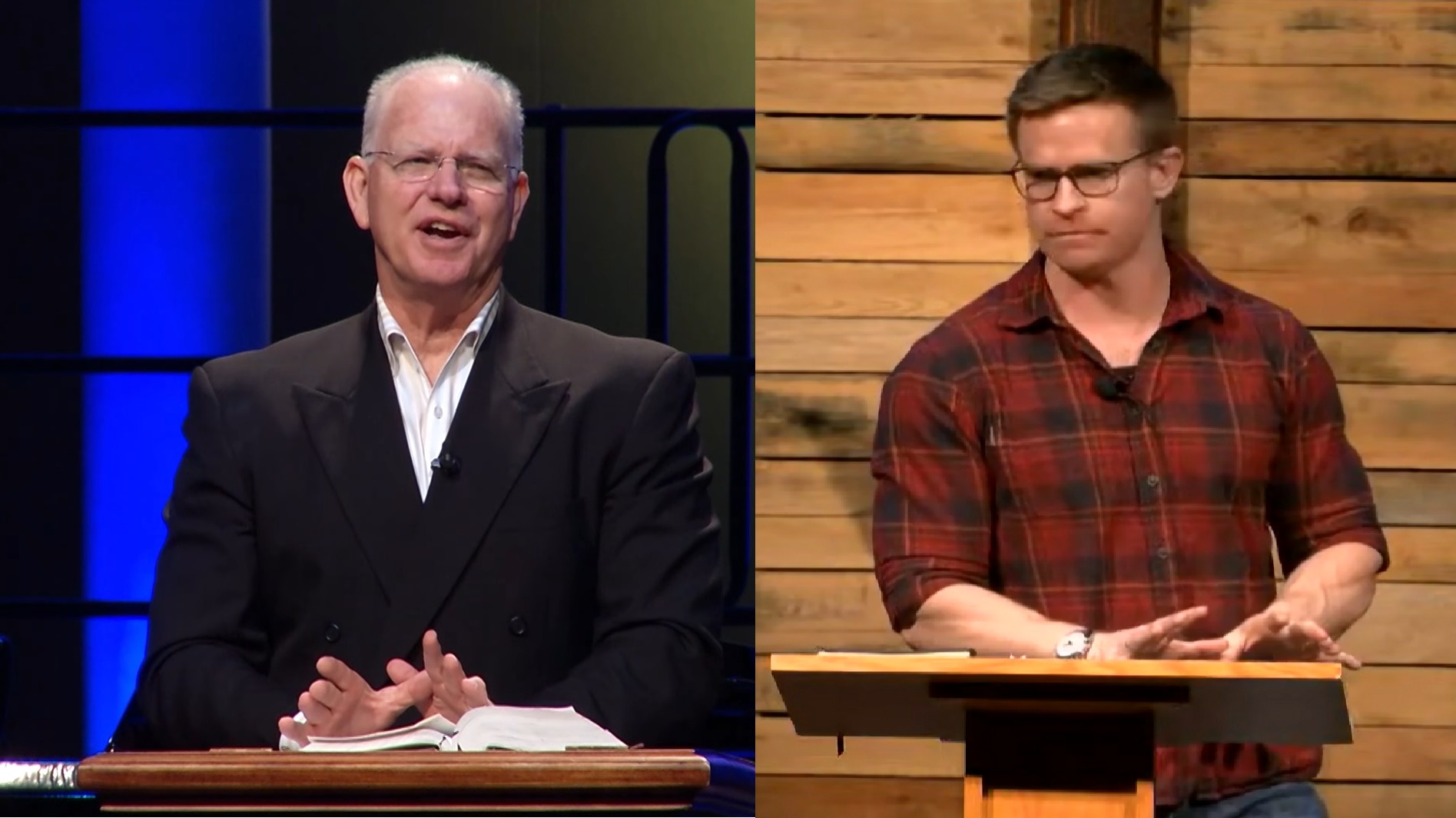0
The local fair or chili cook-off is a cherished event that many families anticipate every year. However, as a community, it’s not merely these festivities that unite us. True community arises from cooperation and a willingness to aid others without expectation of recognition. This spirit of selflessness forms bonds that transcend generations, fostering strength within our collective. By giving freely and volunteering, we uphold this connection and fortify our community’s resilience.
Sixty-one percent of American adults believe that today’s youth are facing a crisis in their values and morals. They often perceive teenagers as undisciplined, disrespectful, and aloof. According to a Gallup poll, forty-two percent express doubts that today’s youth will have a better life than their parents. Additionally, the Pew Research Center reports that seventy-five percent of adults believe young adults today encounter more challenges than their parents’ generation, such as saving for the future and paying for college. Even The Atlantic highlights concerns about the perceived materialism and laziness of today’s youth, suggesting they are ill-prepared for adulthood. Clearly, something is amiss.
While these statistics may be alarming to parents, let’s momentarily set them aside and focus on a tangible solution to this bleak outlook. A solution lies right before us: community service. At a time when the moral compass of our youth wavers and their future appears uncertain, community service stands as a robust lifeline, anchored by faith.
Hebrews 10:24-25 encourages us to “consider how to stir up one another to love and good works, not neglecting to meet together…but encouraging one another.” If our children embrace community service, anchored by faith, they will reap the abundant and enduring rewards of civic engagement.
So, what defines a community?
In the words of John Taylor Grotto, “People are less than whole unless they gather themselves voluntarily into groups of souls in harmony…Only slaves are gathered by others.” A community transcends mere institutionhood; it thrives on the altruism and charitable deeds of individuals united by shared aspirations. It is a free entity sustained by the civic duty of its members.
What are the benefits of youth volunteering?
- According to the College of Agriculture, Biotechnology & Natural Resources at the University of Nevada, Reno, youth who volunteer for just one hour or more per week are fifty percent less likely to engage in harmful behaviors such as substance abuse and early pregnancies.
- Volunteering instills values such as respect, kindness, tolerance, leadership, patience, and civic responsibility.
- Engaging in community service from an early age correlates with academic success, graduation rates, and future civic engagement.
- Active involvement in community service fosters a strong work ethic and self-sufficiency in adulthood.
Should community service be obligatory?
James 2:14-17 prompts us to consider the relationship between faith and action. While some argue that coerced service lacks the essence of volunteering, a balanced approach integrates the fulfillment of duty with respect for free will. Mandatory service with diverse options allows individuals to recognize their responsibility to society while nurturing a voluntary spirit. Remember, early volunteerism significantly influences future charitable contributions and civic engagement.
Where can children volunteer?
Parents seeking structured volunteering opportunities can explore their local church, organizations like 4-H or Scouts, schools, youth groups, neighborhood committees, or homeschool co-ops. Additionally, families can organize their own service projects, ranging from reading with children to supporting families in crisis or participating in community cleanup efforts.
In essence, loyalty is the cornerstone of community, as emphasized in the New Testament. By instilling a sense of service and loyalty in our children, we not only shape tomorrow’s leaders but also strengthen the fabric of our communities. So, let’s grasp that rope of community service—it’s a straightforward yet powerful means of fostering loyalty and building a resilient community.
Brittany Stewart, an accomplished writer and educator, draws inspiration from her 23-year marriage and upbringing near Lake Tahoe in Verdi, Nevada, now residing in Tucson, Arizona. With her Bachelor’s degree in Education, emphasizing Native American Literature and Journalism, Brittany is a multifaceted professional who is also a Licensed Massage Therapist. She is deeply involved in Tucson’s homeschooling community, leading a homeschool group, teaching dance, and offering art classes. She and her family have a homestead in Southern Arizona, where her husband hunts and she tends to the garden, emphasizing the importance of God and family in her life while continually seeking adventure through her travels.




























![[Video] More – Aghogho » GospelHotspot](https://gospelhotspot.net/wp-content/uploads/2024/04/More-Aghogho.jpeg)
















